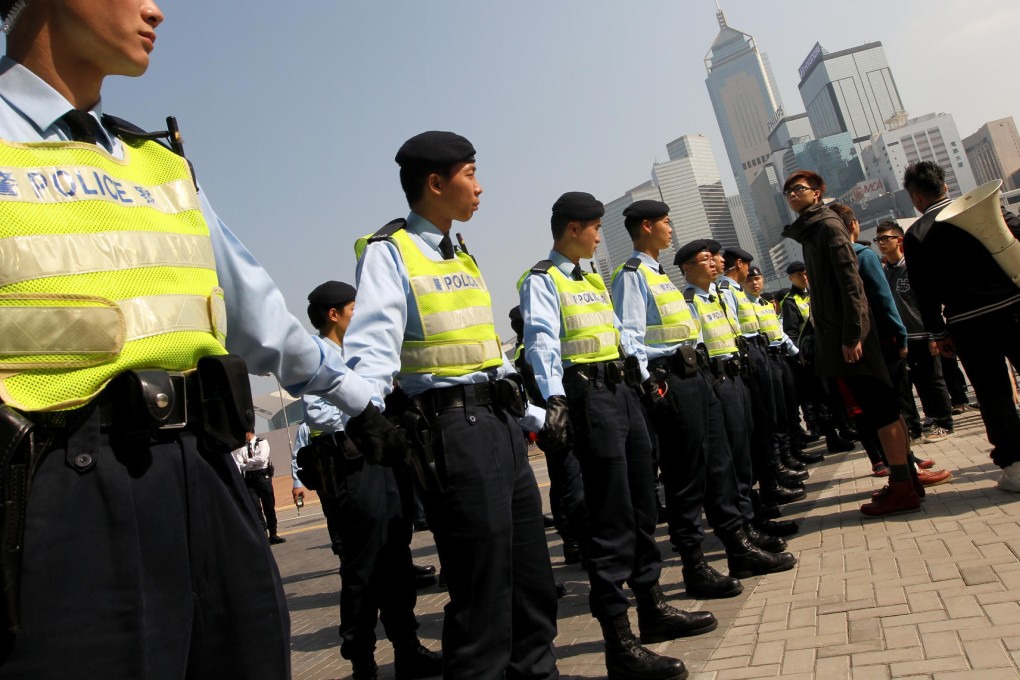Letters to the Editor, August 7, 2014
Michael Ko argued that Beijing should have no say in the chief executive election since it falls entirely within the scope of this city's autonomy. This view, while shared by a considerable number of people in Hong Kong, is grossly mistaken.

Electing the leader of this city is not merely an internal affair. The Basic Law stipulates that the chief executive shall be appointed by the central government and shall be accountable to that government and the special administrative region.
The central government has legitimate grounds for taking measures to ensure the chief executive will not betray national interests, especially in the realms of foreign affairs and defence. When we talk about "one country, two systems", we should respect the premise of one country no less than that of two systems.
Mr Ko attributed unaffordable housing, pollution and falling education standards to incompetent chief executives handpicked by Beijing. Again, this widely-held belief has oversimplified the issue.
Our social problems have multiple causes. Attempts to solve these problems are often forestalled by political bickering, executive-legislative conflict, and people's unwillingness to give up their own narrow interests.
While the introduction of universal suffrage may enhance the government's legitimacy, these social and political problems will not simply go away. Democratic countries around the world are still facing similar challenges.